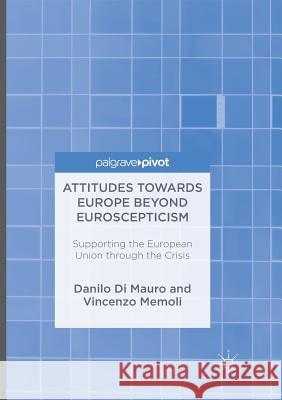Attitudes Towards Europe Beyond Euroscepticism: Supporting the European Union Through the Crisis » książka
topmenu
Attitudes Towards Europe Beyond Euroscepticism: Supporting the European Union Through the Crisis
ISBN-13: 9783319827032 / Angielski / Miękka / 2018 / 93 str.
Attitudes Towards Europe Beyond Euroscepticism: Supporting the European Union Through the Crisis
ISBN-13: 9783319827032 / Angielski / Miękka / 2018 / 93 str.
cena 221,90
(netto: 211,33 VAT: 5%)
Najniższa cena z 30 dni: 212,02
(netto: 211,33 VAT: 5%)
Najniższa cena z 30 dni: 212,02
Termin realizacji zamówienia:
ok. 22 dni roboczych
Bez gwarancji dostawy przed świętami
ok. 22 dni roboczych
Bez gwarancji dostawy przed świętami
Darmowa dostawa!
Kategorie BISAC:
Wydawca:
Palgrave MacMillan
Język:
Angielski
ISBN-13:
9783319827032
Rok wydania:
2018
Wydanie:
Softcover Repri
Ilość stron:
93
Waga:
0.15 kg
Wymiary:
21.01 x 14.81 x 0.64
Oprawa:
Miękka
Wolumenów:
01
Dodatkowe informacje:
Wydanie ilustrowane











